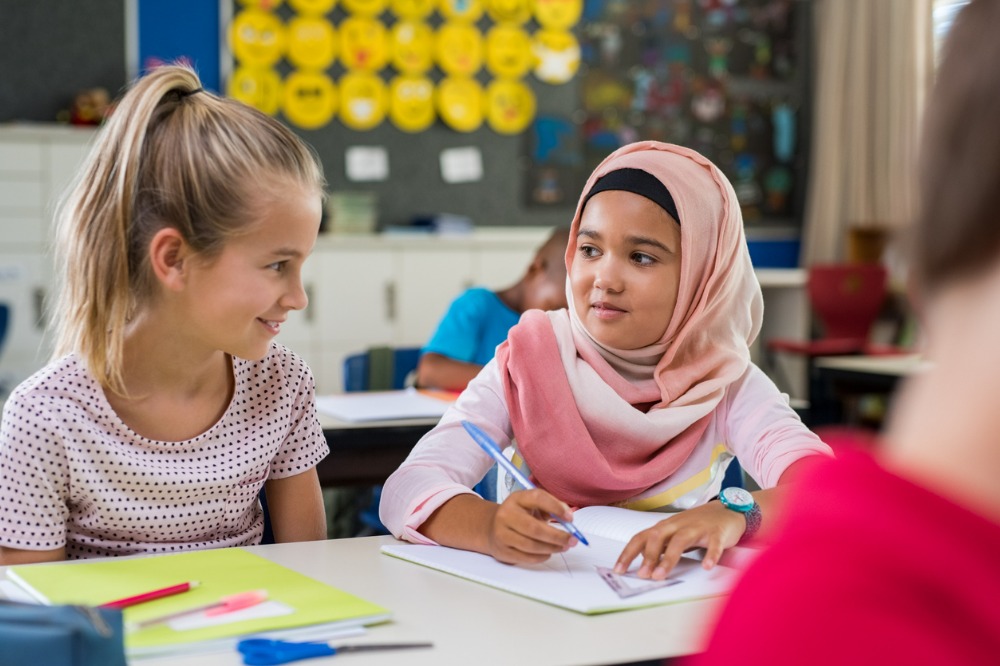
Australian teenagers report greater levels of respect for people from other cultures than the OECD average, according to a new study.
The report released today by the Australian Council for Educational Research (ACER) analysed data from the 2018 Programme for International Student Assessment (PISA) global competence questionnaire, which was released by the OECD in October 2020.
In a nationally representative survey of Australian 15-year-olds, 87% said they ‘treat all people with respect regardless of their cultural background’ and 85% said they ‘respect the values of people from different cultures’, compared to the OECD average of 81% and 79% respectively.
The questionnaire measured the knowledge, attitudes, values and skills deemed necessary to live in an interconnected, diverse and rapidly changing world.
ACER Deputy CEO (Research) Dr Sue Thomson said that while the report’s findings are mostly encouraging, there is room for improvement.
“In a world in which humans need to join forces to address significant challenges, it is ever more important for young people to be able to build bridges with those different to themselves,” Dr Thompson said.
“While Australian students are better equipped to thrive in an interconnected world in comparison to their peers across OECD countries, there is always room for improvement.”
Australian girls reported greater respect for people from other cultures than did boys. Ninety per cent of Australian girls reported they ‘value the opinions of people from different cultures’ compared to 77% of Australian boys.
Respect for people from other cultures was above the OECD average in all Australian states and territories except for Tasmania, where it was similar to the OECD average.
The findings come amid a growing gender gap in opportunities for young people to learn and apply their knowledge of global and multicultural issues.
Last year, an OECD PISA report found that, on average across OECD countries, boys were more likely than girls to report taking part in activities where they are expected to express and discuss their views, while girls were more likely than boys to report taking part in activities related to intercultural understanding and communication.
“Education is key to helping young people navigate today’s increasingly complex and interconnected world,” said Andreas Schleicher, OECD Director for Education and Skills.
“The schools and education systems that are most successful in fostering global knowledge, skills and attitudes among young people are those that offer a curriculum that values openness to the world, provide a positive and inclusive learning environment and offer opportunities to relate to people from other cultures.”


